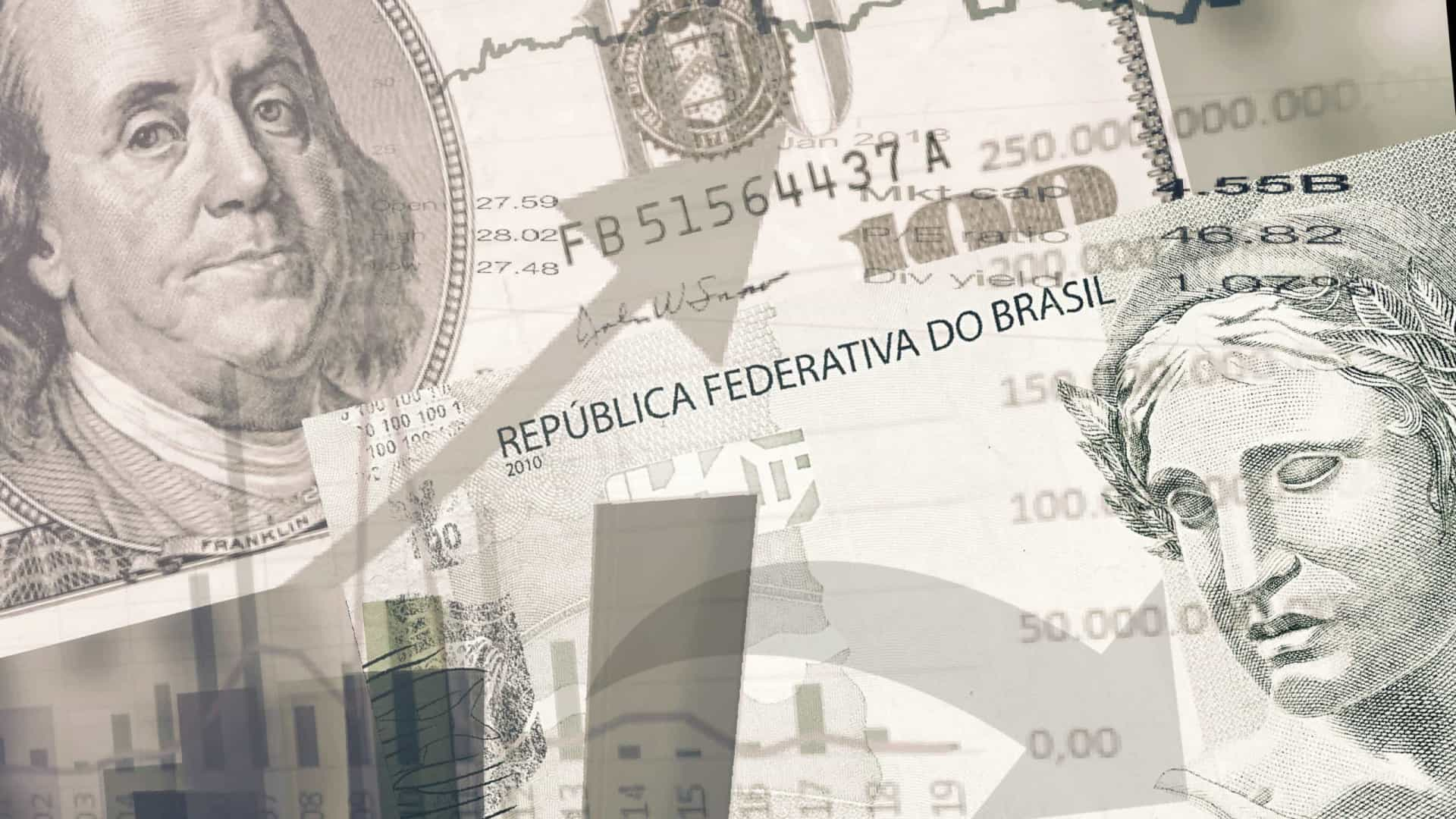RIO DE JANEIRO, BRAZIL – The commercial dollar closed Tuesday, March 2nd, selling at R$5.666, with an increase of R$0.065 (+1.17%).
On a day marked by high tensions in the financial market, the dollar hit the R$5.70 mark in the early afternoon, forcing the Central Bank (BC) to take action.

Still, the currency closed at its highest rate since early November. The stock market fell below 110.000 points, but reversed the trend and closed high.
The commercial dollar closed Tuesday, March 2nd, selling at R$5.666, with an increase of R$0.065 (+1.17%), its highest level since November 3rd, when it reached R$5.762.
Shortly before 1 PM, the rate hit R$5.73, which prompted the Central Bank to sell US$2 billion of its international reserves. This was the Central Bank’s biggest intervention in the exchange rate since April. The rising trend lost momentum over the afternoon, until the currency closed near the day’s minimum.
In the stock market, the day was also marked by volatility. The Ibovespa index, from the B3, started the day down, dropping to 107,300 points early in the day. Helped by mining companies and banks’ shares, the indicator went up during the afternoon and closed at 111.540 points, up 1.09%.
Investors reflected the increase in taxation on the profits of financial institutions to offset the exemption of federal taxes on diesel and cooking gas. The decree published on Monday, March 1st, changes the rules of the Tax on Industrialized Products (IPI) for the purchase of vehicles by disabled individuals and ends the Special Regime of the Chemical Industries (REIQ).
In addition to the Central Bank’s intervention in the exchange rate, the turbulence eased after the reading of the emergency constitutional amendment proposal (PEC) in the Senate. The text had several points removed to enable its approval, but there were less cuts than investors expected.
For the financial market, the approval of measures that offset spending caused by the re-creation of the emergency aid is critical to prevent public debt from getting out of control.

